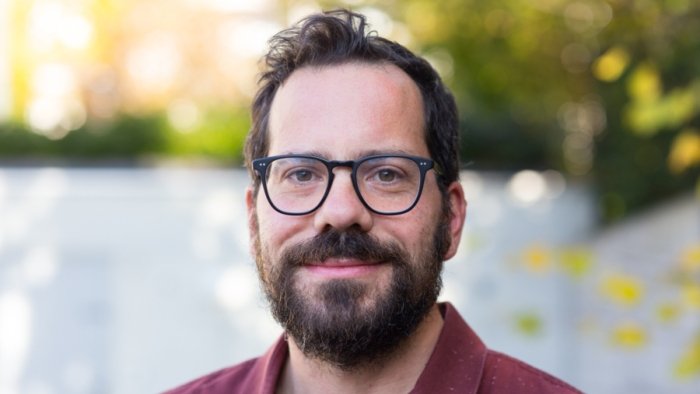Myanmar – a country in turmoil
On 1 February, the military seized power in Myanmar. De facto leader Aung San Suu Kyi was placed under house arrest and a one-year state of emergency declared. What is it that is taking place in the country that has only experienced tentative reforms since 2011? And how is the current crisis affecting the poorest, who are the beneficiaries of HEKS/EPER projects?
The state of shock that followed the military coup in Myanmar lasted barely 72 hours. A civil disobedience movement quickly took shape. Citizens expressed their anger and frustration first via social media, then three days later on the streets. From the start, young Burmese people represented an important group. This generation has been shaped by a decade of freedom. Prior to that, the military had ruled the country for 49 years with an iron hand. The young generation does not want to return to this by any means. Having underestimated the power of the resistance, which various generations and ethnic groups have now joined, the military junta is resorting increasingly to violence and intimidation in an attempt to quell the uprisings.
Working under more difficult conditions
HEKS/EPER, which began working in Myanmar four years ago, is following these political developments with concern and hopes for a swift return to democratic conditions. Julien Brewster, HEKS/EPER Country Director in Myanmar, recounts the following: «Things were already difficult in the country even before the coup. The COVID-19 restrictions had a devastating impact on people's livelihoods. Over the past year, the proportion of households living below the poverty line skyrocketed from 16 to 63 per cent. The speed of this relapse into poverty is shocking. In addition, more than 330,000 people were already living as internally displaced persons in refugee camps or camp-like conditions, due to armed fighting between the military and various ethnic groups. The latest political crisis has meant even more suffering for these people – they currently have very limited access to urgently needed humanitarian aid.»
HEKS/EPER will continue its work in Myanmar despite the change of political power. «We are committed to continue working to improve the living conditions of ethnic minorities and other marginalised groups in Myanmar», says Brewster. In Myanmar, HEKS/EPER works exclusively with civil society and the private sector, including start-ups, and not with the military government. But it is important to be sensitive when working in such fragile contexts, he adds. «The conflict-sensitive approach followed by HEKS/EPER is especially relevant here, as it helps us to identify any unintended consequences of our work and to use our interventions as a way to specifically reduce tensions.»

